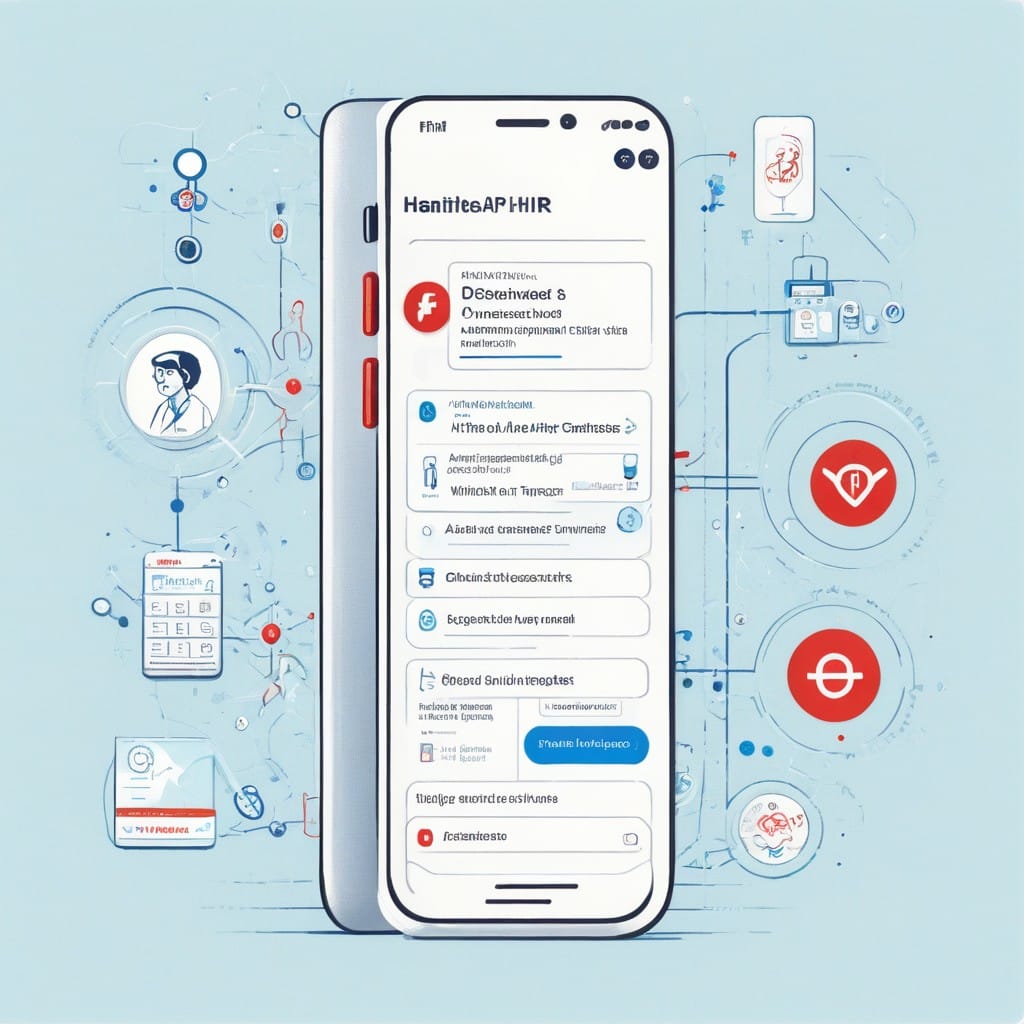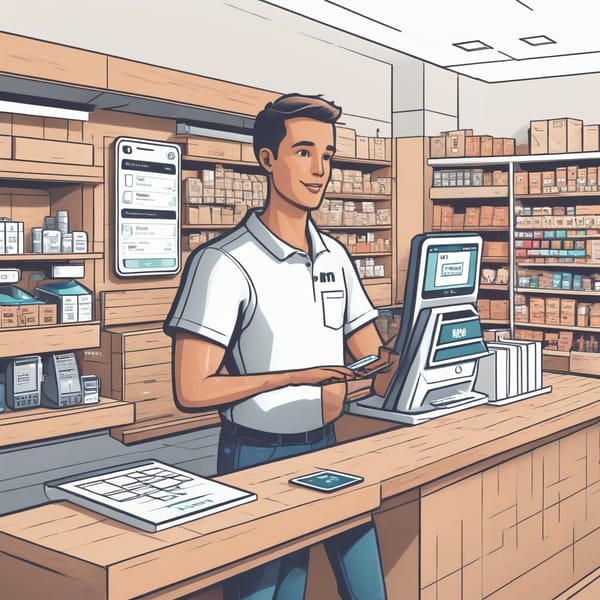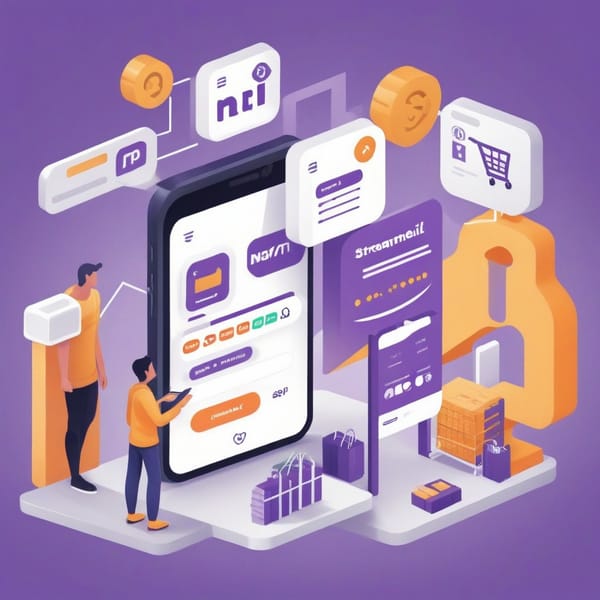n8n Healthcare Automation: Streamlining Clinic Appointment Reminders with Twilio, FHIR API, and SMS/Email Triggers

Project Overview
A mid-sized healthcare clinic faced persistent challenges with patient no-shows and manual appointment reminder processes. Their existing system relied on staff manually calling or emailing patients, leading to inefficiencies, missed reminders, and reduced appointment adherence. To modernize operations, the clinic partnered with our team to implement an automated appointment reminder system using n8n, Twilio, and FHIR API.
The goal was to:
- Automate appointment reminders via SMS and email based on patient preferences.
- Integrate with the clinic's FHIR-compliant EHR system for real-time appointment data.
- Reduce no-show rates by 30%+ while cutting administrative workload.
- Ensure HIPAA compliance in all communications.
Challenges
- Manual Processes: Staff spent hours daily managing reminders, leading to errors and missed notifications.
- FHIR API Complexity: The clinic's EHR system used FHIR standards, requiring careful integration to fetch appointment data securely.
- Patient Preference Management: Patients had varying communication preferences (SMS, email, or both), requiring dynamic routing.
- Compliance Risks: SMS/email reminders needed to avoid exposing PHI (Protected Health Information) while remaining actionable.
- Scalability: The solution had to handle 500+ daily appointments without delays or failures.
Solution
We designed an n8n-based workflow automation system to handle end-to-end appointment reminders with the following steps:
1. FHIR API Integration
- n8n polls the clinic’s FHIR API every 30 minutes to fetch upcoming appointments (24/48 hours in advance).
- Only necessary data (patient ID, appointment time, contact method) is extracted to minimize PHI exposure.
2. Dynamic Communication Routing
- Patient preferences (SMS/email) are retrieved from the EHR and used to trigger the correct workflow.
- Twilio sends SMS reminders with templated messages (e.g., "Hi [Name], your appointment is on [Date] at [Time]. Reply YES to confirm or CALL to reschedule.").
- Email reminders are sent via SendGrid, including a calendar ICS file for easy scheduling.
3. Two-Way Interaction & Status Updates
- Patients can reply to SMS reminders (e.g., "YES" or "RESCHEDULE"), updating the EHR via FHIR API.
- Unconfirmed appointments trigger a follow-up email or call list for staff.
4. Error Handling & Logging
- Failed deliveries (invalid numbers/emails) are flagged for staff review.
- All outgoing messages are logged for compliance audits.
Tech Stack
| Component | Role |
|-----------------|---------------------------------------|
| n8n | Workflow automation engine |
| Twilio | SMS/voice messaging |
| FHIR API | EHR integration (appointment/patient data) |
| SendGrid | Email delivery |
| PostgreSQL | Logging and error tracking |
| AWS Lambda | Serverless backup for high-load periods |
Results
After 3 months of implementation:
- 40% reduction in no-shows, saving ~$15,000 monthly in lost revenue.
- 80% fewer manual reminder tasks, freeing staff for patient care.
- 95% patient satisfaction with reminders (survey data).
- Zero compliance violations due to PHI-safe messaging templates.
- Scalability proven during peak flu season (1,200+ daily reminders).
Key Takeaways
- Low-Code Works for Healthcare: n8n’s flexibility allowed rapid prototyping without compromising security.
- FHIR is Powerful but Requires Care: Proper data mapping is critical to avoid pulling unnecessary PHI.
- Patient Choice Matters: Offering SMS/email options improved engagement rates.
- Compliance Isn’t Optional: All workflows were reviewed by the clinic’s legal team pre-launch.
- Automation ROI is Clear: The project paid for itself in under 4 months via reduced no-shows.
This project demonstrates how affordable, low-code automation can transform healthcare operations while maintaining strict compliance. Future expansions could include waitlist management or post-visit follow-ups using the same framework.



